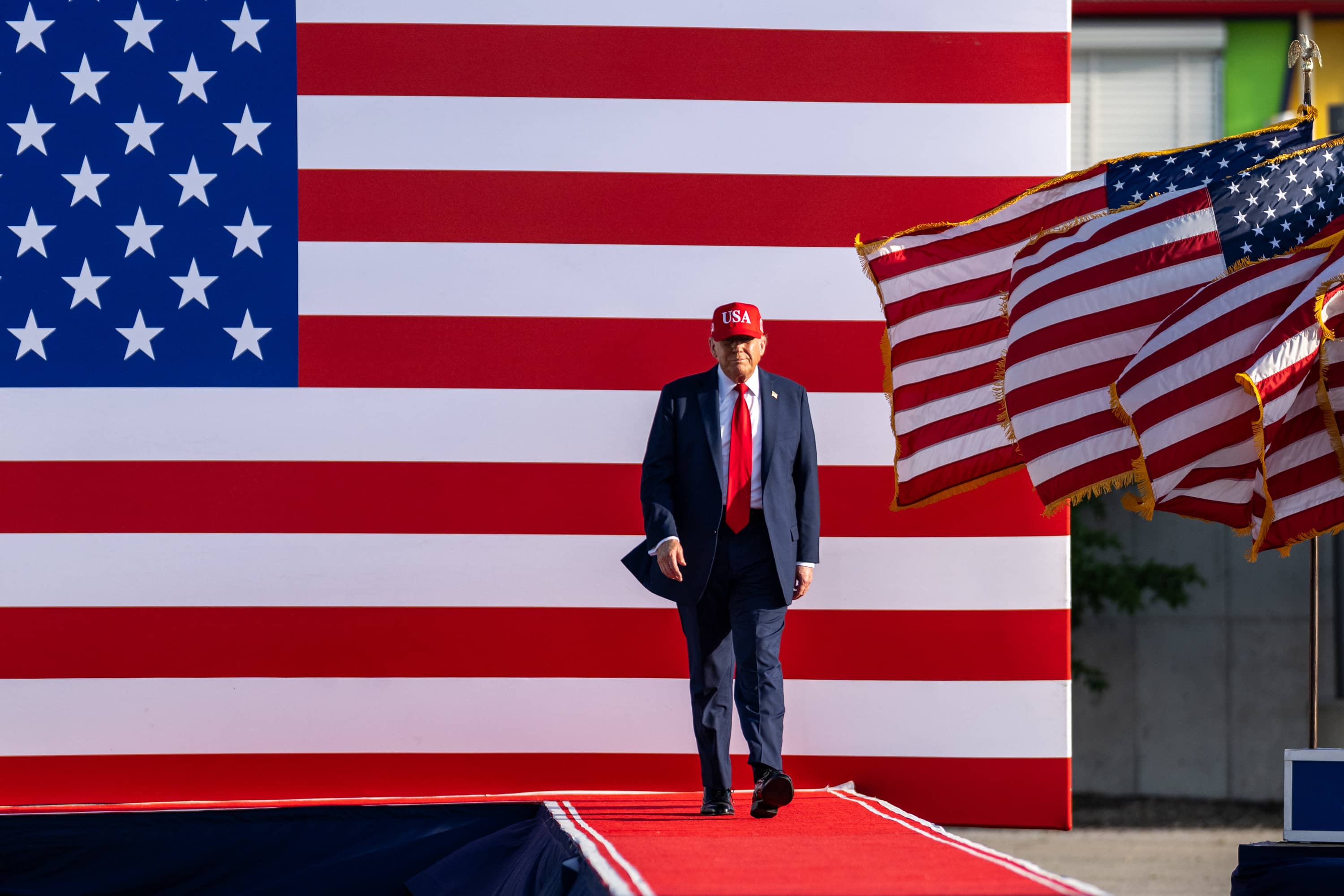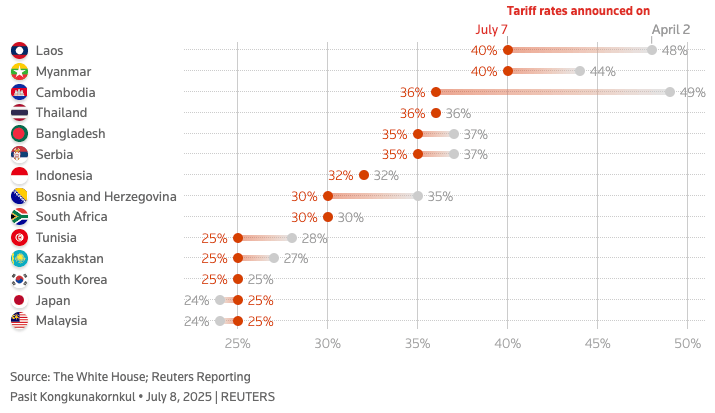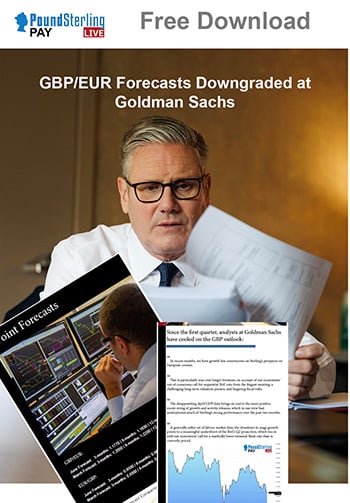
Official White House Photo by Daniel Torok.
A rally in global stocks is helping the Pound rise against the Euro.
The U.S. has announced a series of tariffs, but pushed back an implementation deadline and said the door remains open to those willing to negotiate.
The developments mean the cliff-edge July 09 deadline for the implementation of the April 02 'reciprocal tariffs' will pass without incident; a relief to investors.
Indications that the U.S. is open to lowering the overall import tariff threshold are helping stock markets regain composure on Tuesday, having weakened on Monday on account of fears that the U.S. would be more bellicose on the matter.
Regarding the possibility of countries continuing to negotiate, U.S. President Donald Trump said: "maybe adjust a little bit, depending," and "we're not going to be unfair".
With European and Asian markets opening in positive territory, and U.S. futures gaining, risk-on currencies are advancing; notable Emerging Market names and commodity currencies, such as New Zealand's Dollar.
The Pound to Euro exchange rate advances back above 1.16, as would be expected when stocks are higher and investors begin to lose interest in the UK government's dire financial outlook.
"When sentiment is positive, sterling appreciates; in negative global conditions, it becomes vulnerable," explains George Vessey, a strategist at Convera.
The White House sent letters to a host of nations, detailing a significant uplift in import tariffs.
However, it is reported the EU and U.S. could settle an initial trade agreement as early as this week, with reports suggesting the bloc was ready to accept a 10% baseline tariff.
This would be materially better than the 20% that was set out on April 02, when reciprocal tariffs - or 'Liberation Day' tariffs - were first outlined.
A new deadline of August 01 has been set for all nations, but even that is "not 100% firm", said U.S. President Donald Trump.
The tariff levels are "final, but if they call with a different offer, and if I like it, we'll do it," he explained.
Treasury Secretary Scott Bessent said he has an "inbox full of trade offers".
"We’re close to making a deal with India," added Trump.
Markets fell on Monday when the White House sent a letter detailing 25% levies on goods from Japan and South Korea, which are two major exporters to the U.S.

Image courtesy of Reuters.
However, Japan's Prime Minister Shigeru Ishiba said his country will seek a deal as soon as possible. South Korea said it would press ahead with talks.
Malaysia, Kazakhstan and Tunisia would see a 25%, with Malaysia saying it would continue to press for lower tariffs.
South Africa will see a 30% tariff, while Laos and Myanmar would face a 40% levy.
Indonesia was hit with a 32% rate and Bangladesh with 35%.
Thailand and Cambodia with duties of 36%. Thailand said it would remain engaged with the U.S. and to press for lower tariffs.

